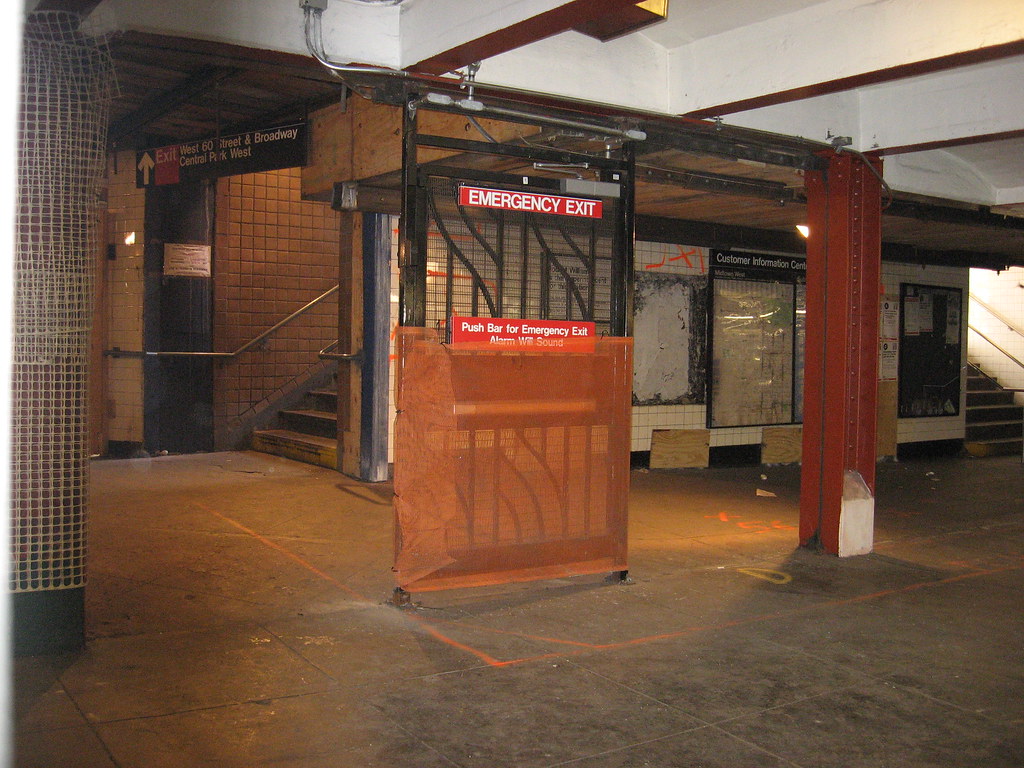Late last summer, before Jay Walder took the reins at the MTA, I wrote a long piece about how the transit authority was struggling to cope in an age of open information. The MTA, I claimed, had overstepped its legal rights in a pair of showdowns with iPhone app developers who were exploiting schedule data for the benefit of commuters, and instead of fighting with these programmers and entrepreneurs, I believed the MTA should be working with them to make more transit information available.
When Walder came in and the MTA unveiled its new website, it was clear that the agency was on the verge of an information revolution. With the new site design came mounds of publicly-available transit data that developers coud use as they see fit. “We need to get out of our own way and instead get out in front of the data sharing revolution,” Walder said at the time. “By making access to our data directly from our website, we are encouraging the developer community to do the work we can’t to create apps that benefit our customers at no cost to the MTA.”
Now, the agency is set to work with these developers to get a better sense of about the future of open transportation data. The MTA and Google will be hosting an Unconference for Developers on May 5 at Google headquarters in Chelsea. Anil Dash will host the event, and it will include a panel discussion, breakout sessions and, reportedly, the release of more transit data. Panelist speakers will include Walder, Derek Gottfrid of The New York Times, Bernhard Seefled from Google Maps and Nick Grossman from OpenPlans.
For more on the MTA’s push for open data, check out this amNew York piece, and to register for the conference, follow these directions on the MTA’s site. I’m amidst my finals this semester right now, but I’ll try to have a report from the conference late next week. This is a very positive step forward for the MTA, and I’m looking forward to the results of this unconference.


 With the city and the MTA at an impasse over the fate of the 7 line station at 41st St. and 10th Ave., real estate lobbyists and politicians are making a last-ditch effort to secure a federal grant for the badly-needed station. As Michael Howard Saul of The Wall Street Journal
With the city and the MTA at an impasse over the fate of the 7 line station at 41st St. and 10th Ave., real estate lobbyists and politicians are making a last-ditch effort to secure a federal grant for the badly-needed station. As Michael Howard Saul of The Wall Street Journal  The MTA has a very difficult relationship with New York State and its elected representatives. On the one hand, the MTA is an authority established to operate outside of the realm of politics in order to better run the city’s transit network. On the other, the MTA is heavily dependent upon the state for both operating and capital aid, and the state has political control and oversight of the public authority. When the two sides clash — as they often have lately — MTA officials must tiptoe around sensitive issues while asserting their needs for better political and economic support.
The MTA has a very difficult relationship with New York State and its elected representatives. On the one hand, the MTA is an authority established to operate outside of the realm of politics in order to better run the city’s transit network. On the other, the MTA is heavily dependent upon the state for both operating and capital aid, and the state has political control and oversight of the public authority. When the two sides clash — as they often have lately — MTA officials must tiptoe around sensitive issues while asserting their needs for better political and economic support.














